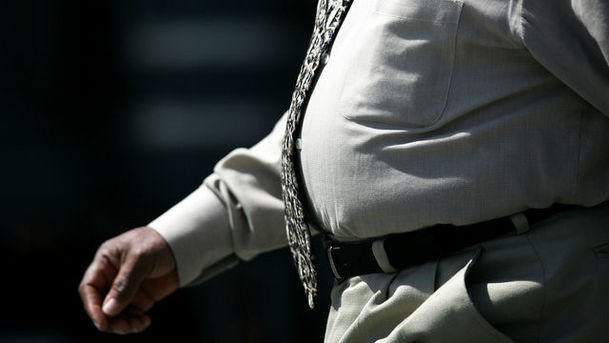How The Mighty Have Fallen - Diets Through The Ages

"He that dieteth himself, prolongeth his life" - Ecclesiastes. Dr Hilary Jones continues his series on the history of obesity with a look at diets and dieting through the ages. "It is very injurious to health to take in more food than the constitution will bear, when at the same time, one uses no exercise to carry off this excess" - Hippocrates, millennia ahead of his time, defining the energy balance equation. Plutarch, in 1AD, recognised the link between weight and health: "thin people are generally the most healthy; we should not therefore indulge our appetites with delicacies or high living, for fear of growing corpulent". Twenty years on from the Battle of Hastings, William the Conqueror grew too large to ride his horse, and decided to lose weight by consuming nothing but alcohol. Other historic diets include Cheyne's lettuce diet, Fletcherising - "nature will castigate those who don't masticate", and Banting. William Banting lost almost a quarter of his weight in a few weeks by adopting a diet "low in farinaceous food" - a precursor of the modern low-carbohydrate diet. His 1863 diet book was a top-seller. And we hear about the extraordinary exploits of the Great Eater of Kent, a "Tugmutton" who could eat an entire sheep in one sitting. There are interviews with Dr Susan Jebb of MRC Human Nutrition Research in Cambridge, and Prof David Haslam of the National Obesity Forum, plus readings and music - a popular song from 1929 encapsulating the new craze in America: the grapefruit diet. Readings by Toby Longworth & Michael Fenton-Stevens. Producer: Susan Kenyon A Ladbroke production for BBC Radio 4.